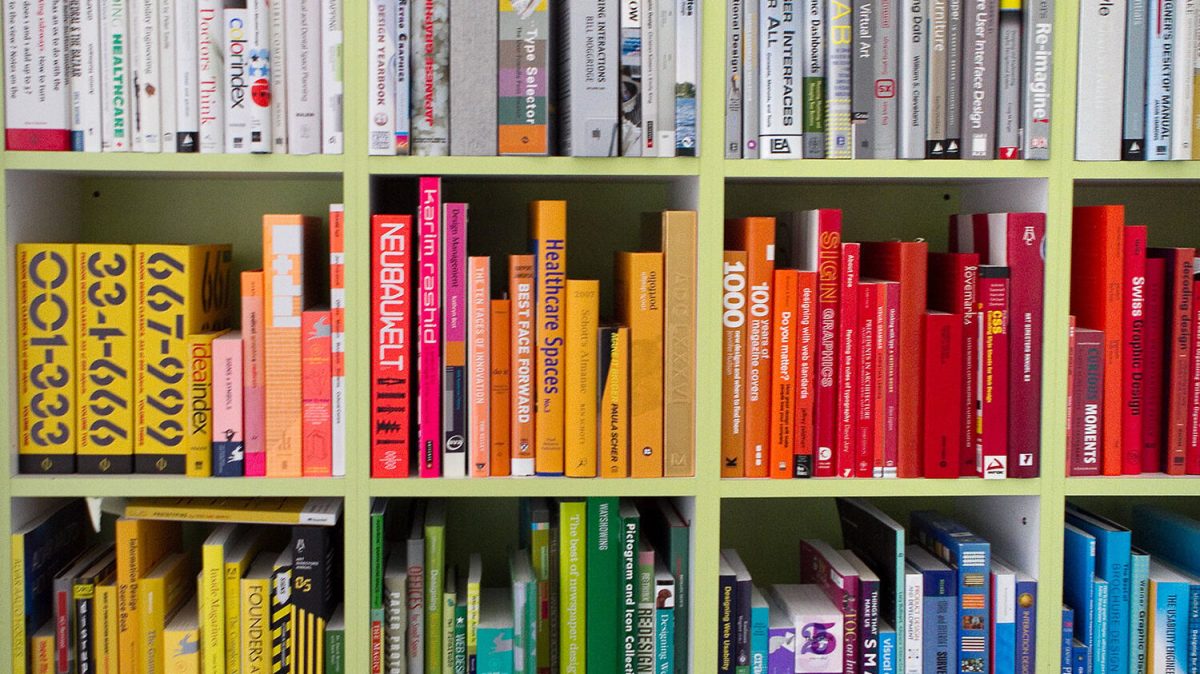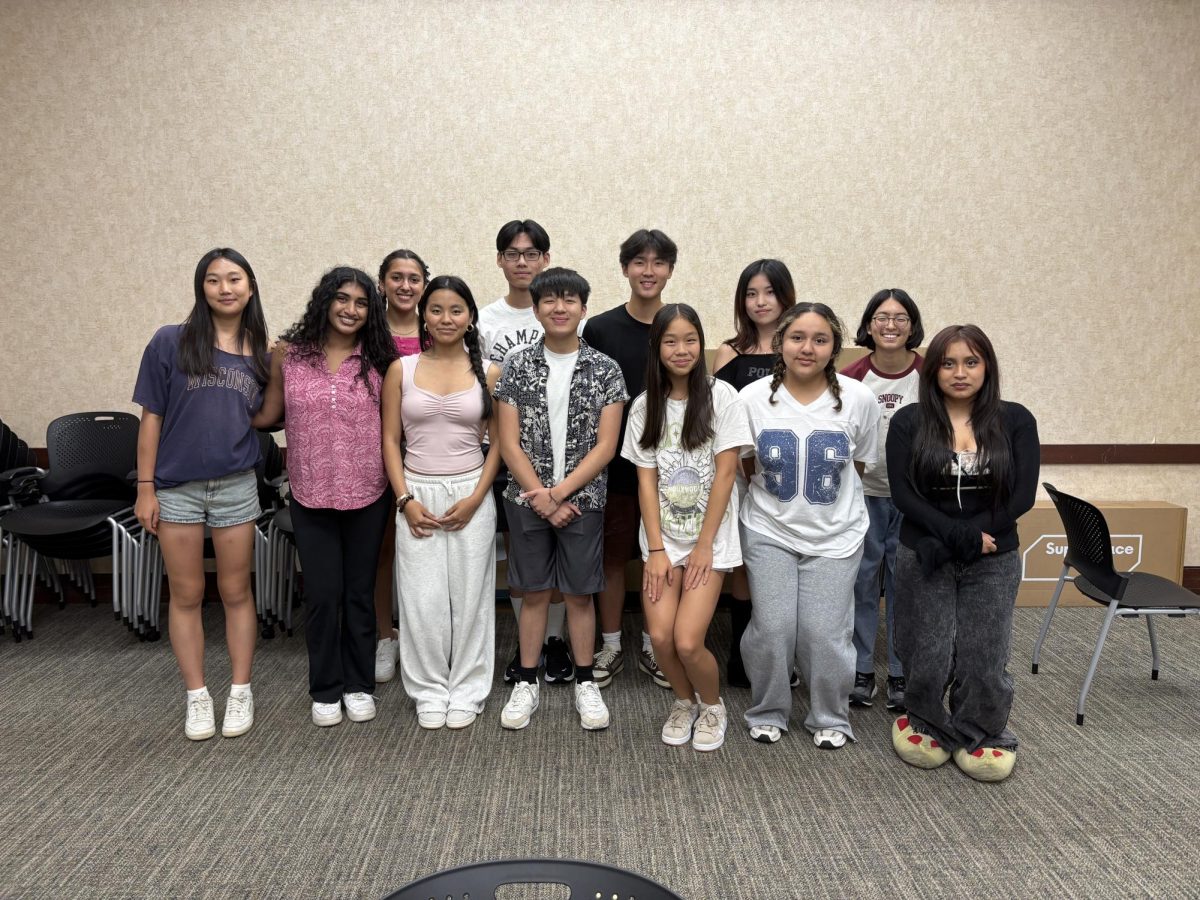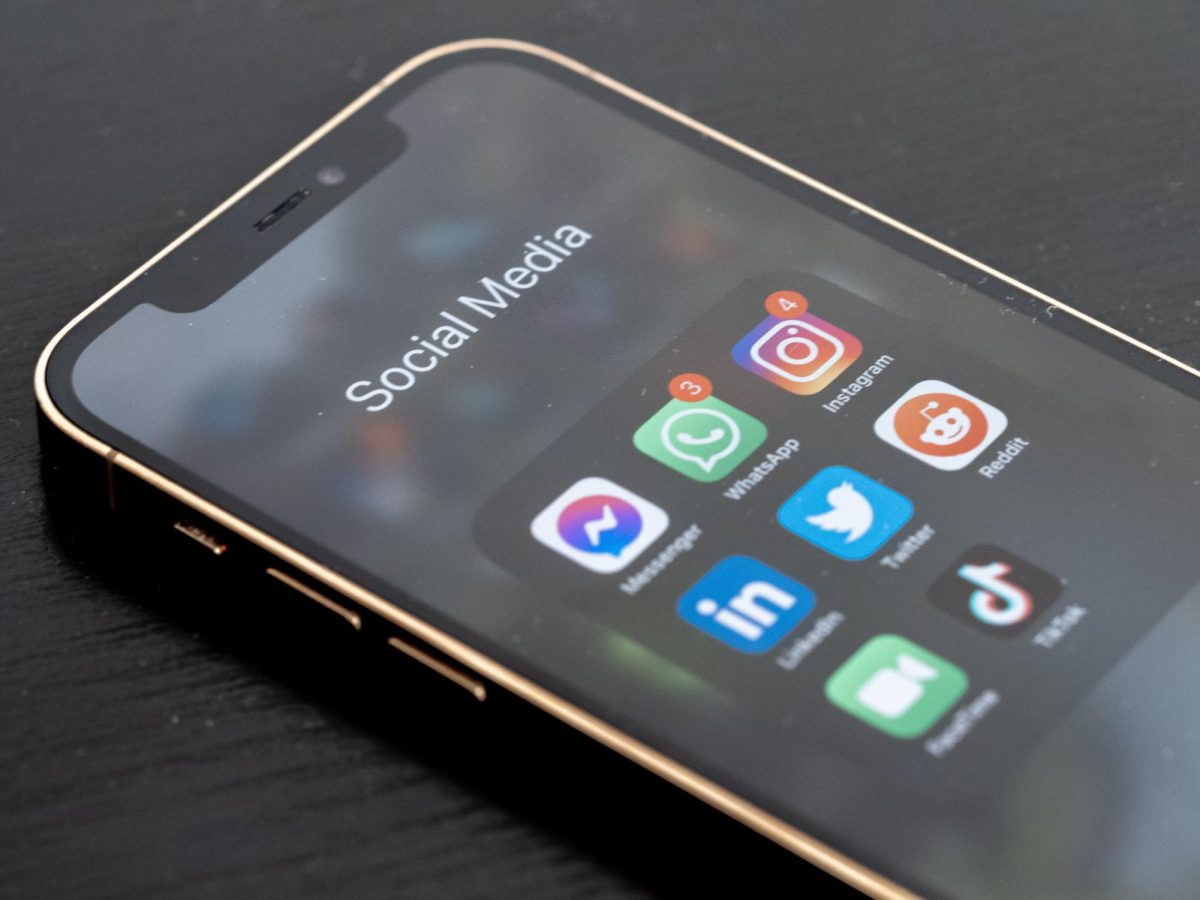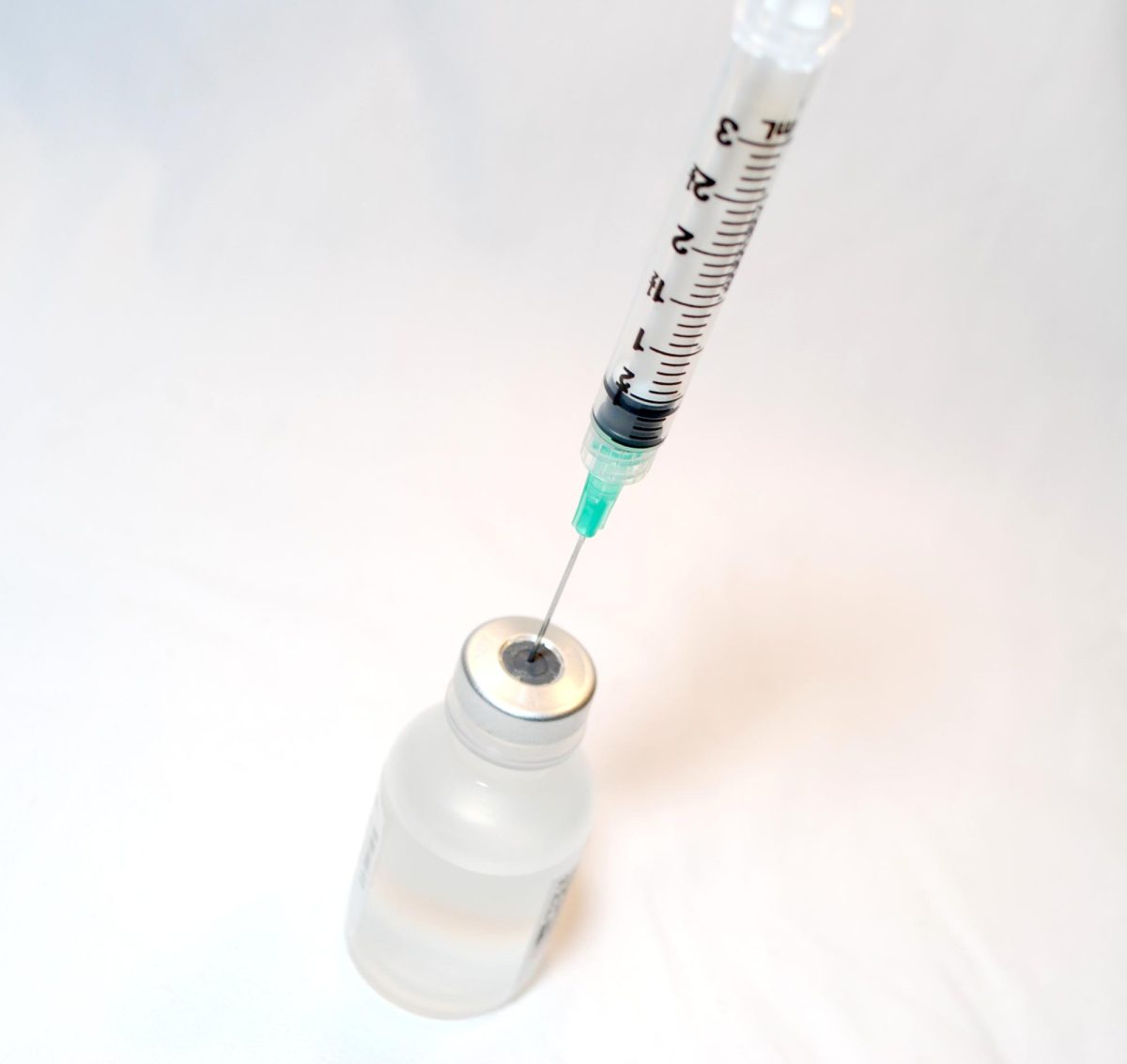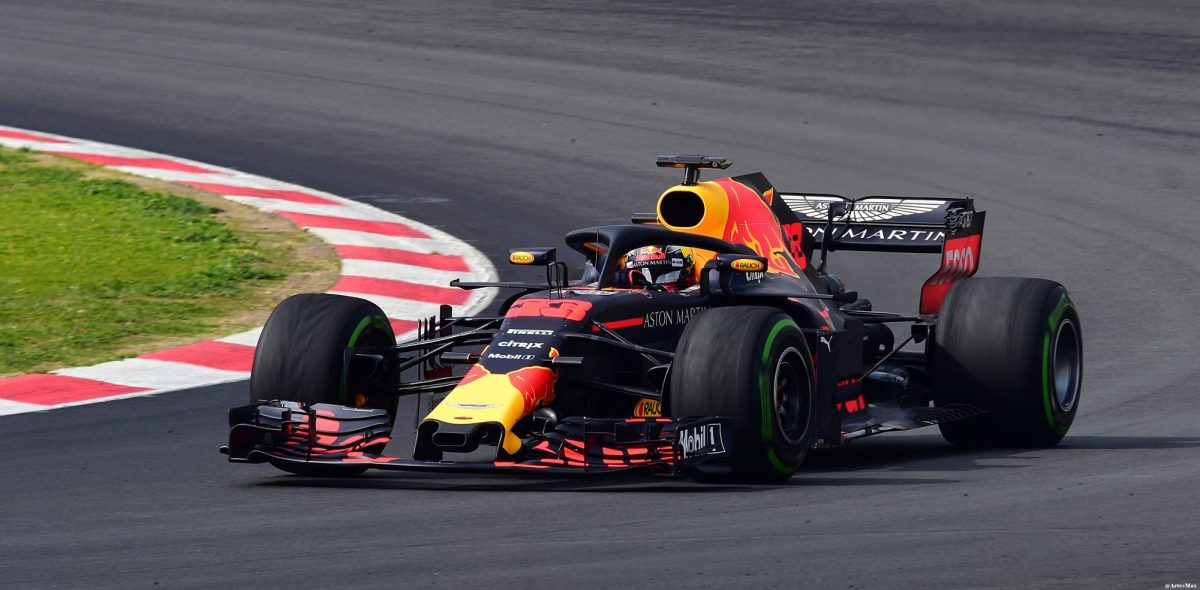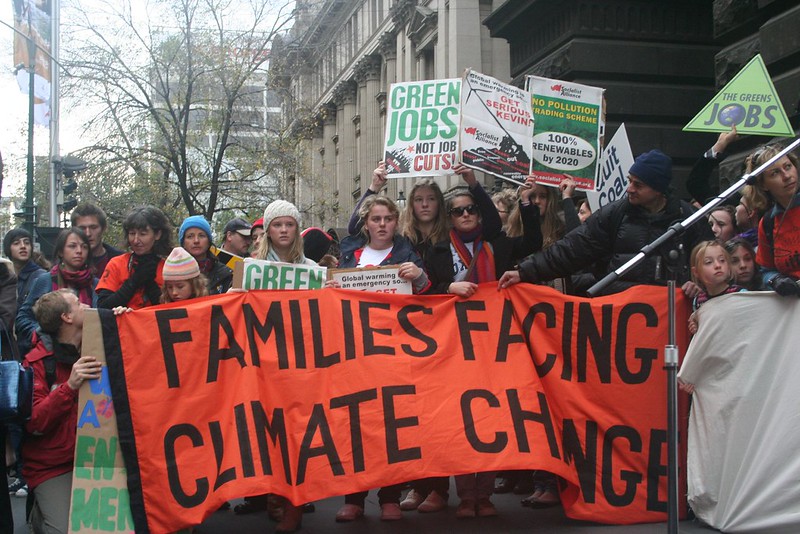Led by Sam Benchegjib, an environmental organization started within the last few years has started to make major progress in fighting the pollution issue in Indonesia. Founded in October, 2020, by Benchegjib with the help of his two siblings, Sungai Watch took three years to fully develop. Starting with just the three family members, the operation grew in size to include over 100 full-time workers, necessary for the severity of the plastic pollution issue in the nation.
While plastic disposal is an issue around the world, Indonesia’s currently poor plastic waste management system, especially along the coast, makes it the second largest contributor to the crisis of ocean plastics. Even though the Indonesian government promised $1 billion to cut such waste by 70% by 2050, the change is not coming fast enough for most. From even one village, 4,400 pounds of plastic per week can enter the ocean on average, meaning not only the ocean is rapidly becoming polluted, but also the rivers and streams feeding into the larger body are filled with plastics as well.
As Sungai Watch expanded its efforts, Benchegjib had to deal with issues ranging from technology and equipment access, the overall scope and size of the project, and how their barrier system would work. The organization uses a system similar to litter booms and through it have collected over 2.6 million pounds of plastic from different rivers and water bodies throughout the country. Litter booms are large tubes, often created from PVC pipes or the like, that are floated across rivers at an angle and attached to each bank. When surface plastic such as water bottles or other pieces of trash, runs into the litter boom, the current carries them along the slant towards the shore, where workers collect the plastic and recycle it. Barriers like these are non-invasive to fish and animal species, and are an excellent way to collect the larger plastics. While they can’t deal with the ecosystem-degrading microplastics in stream sediment, they collect the bulk of plastic well. All told, over 180 barriers have been set to date on Indonesia’s most polluted rivers, although there is certainly more work to be done.
Aside from simply removing the plastic, Sungai Watch also worked on community education and awareness, and in some places, the barriers used to trap plastic were removed due to a lack of upstream pollution. This stemmed from a better awareness in each individual household of how to manage and dispose of waste properly.
According to Benchegjib and reported by the Good News Network, some positives in the environment are already being seen as a result of Sungai Watch’s work, including “seeing fish populations return to what were once extremely polluted waterways.” Additionally, the group revived “mangrove forests after removing layers and layers of plastic, which were suffocating mangrove trees.” In general, Bencheghib is proud of his work, claiming that there is beauty in facing the challenges and variables set by the entrepreneurial task and that “this has been a true-life school for us.”

